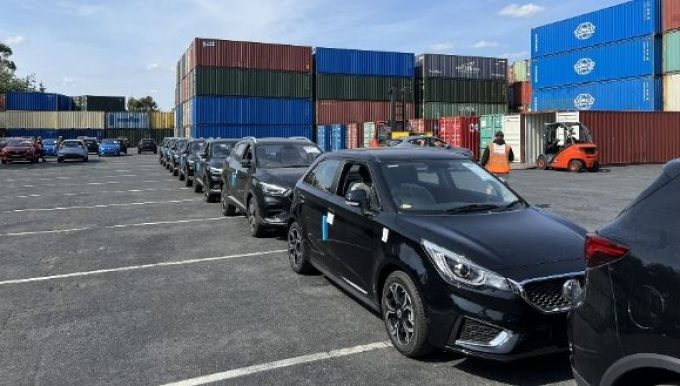
Photo: Cosco
Concern that the EU may soon impose tariffs on Chinese vehicle imports has apparently spurred the country to export more new-energy vehicles (NEVs) to Europe, in containers.
The move to use boxes is because there are not enough car-carrier vessels to meet ...


Comment on this article